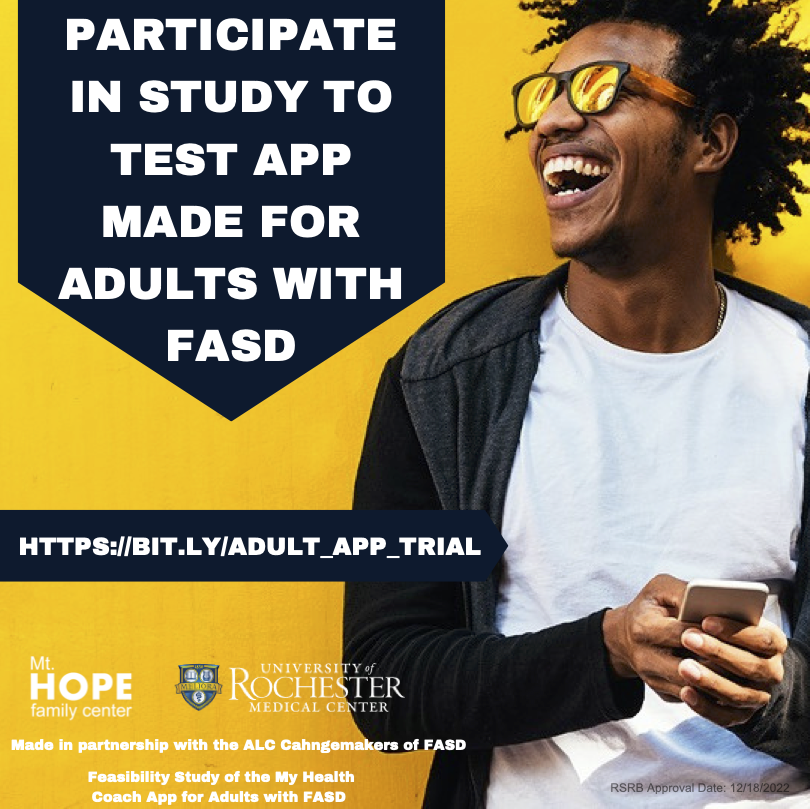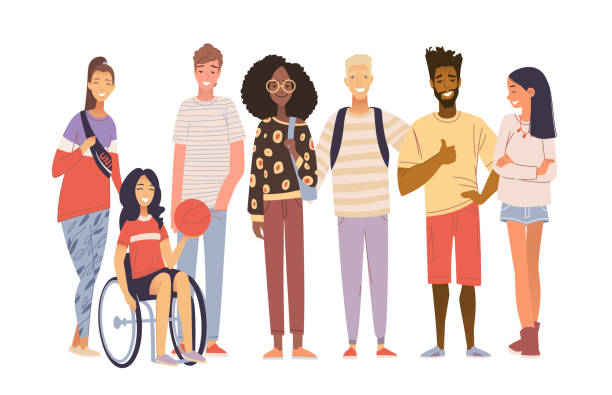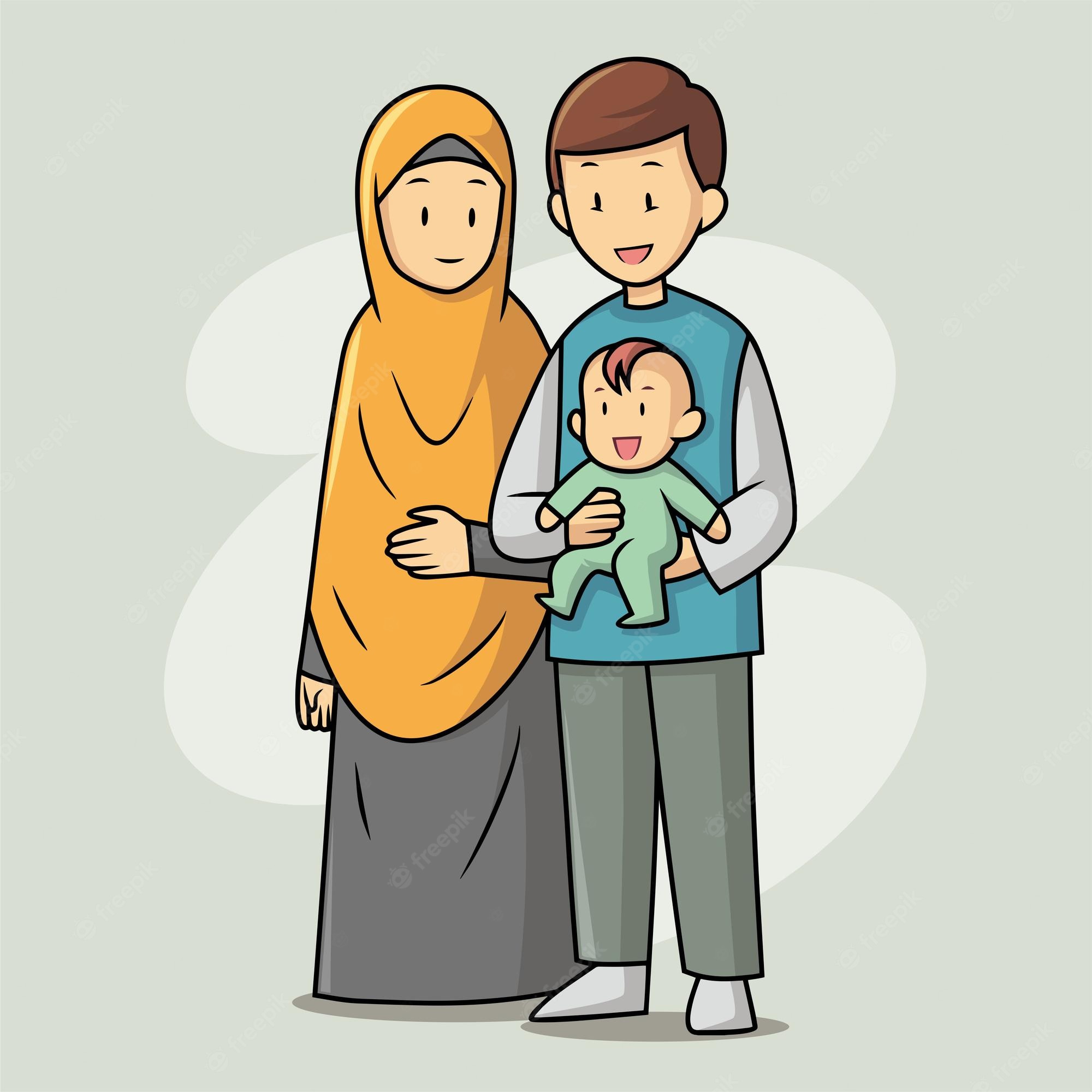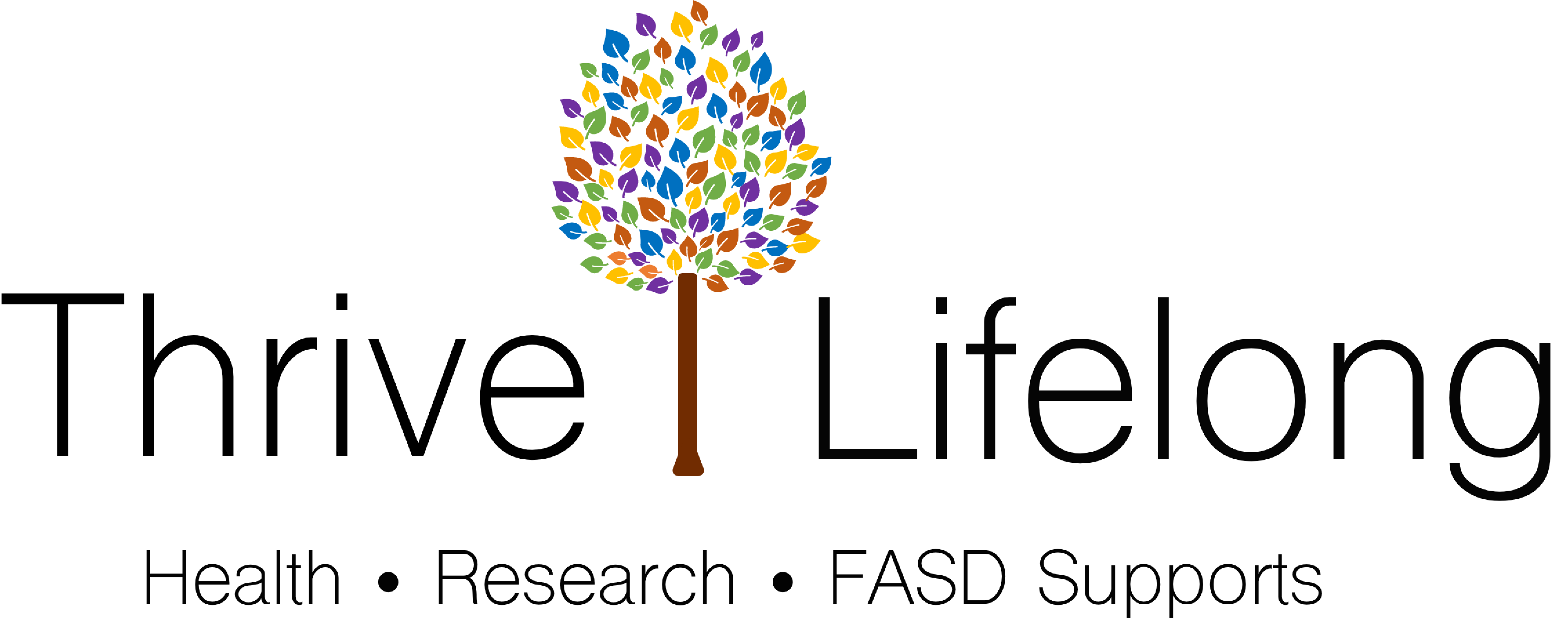Newsletter - April 2023
My Health Coach Recruitment

Are you 18 years or older and been diagnosed with FASD or known prenatal alcohol exposure?
You may qualify for this study!
University of Rochester's researchers are partnering with the Adult Leadership Collaborative of the FASD Changemakers to develop a new app for adults with FASD. This app provides resources, tools, and information to improve physical health and quality of life for adults with FASD or known prenatal alcohol exposure.
Participate in a feasibility study to try the app to give feedback on how well it works and receive monetary compensation. Learn more at https://bit.ly/adult_app_trial.
Help Get Legislation Passed!

FASD has not yet been recognized as a developmental disability in New York State. This keeps people with FASD and their families from getting services. We are currently working to advocate to get legislation passed to add fetal alcohol spectrum disorders (FASDs), including fetal alcohol syndrome, partial fetal alcohol syndrome, and alcohol-related neurodevelopmental disorder, to the definition of “developmental disability” in New York State. This will help families get services through Office for People with Developmental Disabilities. There are multiple ways to get involved!
-
1. Contact your NY State legislators!
You can call, email, or send a letter. There is a letter template you can use under the "How You Can Help" section: https://nofaspolicycenter.org/legislation-introduced-in-new-york-to-include-fasd-as-developmental-disability/. Find your NY State Senator: https://www.nysenate.gov/registration/nojs/form/start/find-my-senator. Find your NY State Assembly member: https://nyassembly.gov/mem/search/ . -
2. The biggest hurdle for current legislation is the Assembly Ways & Means Committee.
Contact the following legislators to encourage them to advocate for this bill:- (1) Senate Chair Mannion, email: mannion@nysenate.gov, mailing address: https://nyassembly.gov/mem/Helene-E-Weinstein/contact/;
- (2) Assembly Ways & Means Committee Chair Helene Winstein, email: WeinstH@nyassembly.gov, mailing address: https://www.nysenate.gov/senators/john-w-mannion/contact .
-
3. Send a text through RESISTbot. Text “SIGN PODFAK” to 50409
to use the RESISTbot to send a modified version of the form letter to your state senator and assembly person.
If you have family, friends, or loved ones in NYS who would be willing to help, please feel free to share! You can also visit https://nofaspolicycenter.org/legislation-introduced-in-new-york-to-include-fasd-as-developmental-disability/ for more information!
Research Corner

Fetal Alcohol Spectrum Disorder (FASD): young people's experiences and views of FASD
Miranda Eodanable
In 2021, Miranda Eodanable, a current PhD student at the University of Edinburgh, conducted a Photovoice Research Project with 8 young people aged 12-19 years with FASD in the UK. In the study, she asked participants to take photos in their lives based on 3 themes:
- Who/what is important to me?
- Who/what helps me?
- Challenges and how I deal with them.
The young people and Eodanable categorized the results based on the photos together. They found that:
- Family, friends, pets, food, and outside activities are important to them;
- Family, friends and pets help them;
- Multitasking, daily tasks like tying shoelaces, getting to sleep, friends and socializing and school are examples of challenges they face. Pets and family usually help them deal with the challenges.
This project reaffirms people with FASD’s ability and strength to advocate for themselves. The researcher believes that we need to support individuals with FASD to advocate for their needs by promoting their confidence and advocacy skills.
For more information and see the photos, check out the program’s website: https://sway.office.com/qoTaPvWi0AxYzwFo?ref=Link&loc=play
The FASD United Family Navigator program

This family navigator program is developed by FASD United, aiming to help individuals living with FASD, their family members, caregivers and supporters with expert, confidential support and referrals. The navigators provide one-on-one support for FASD community member. Now, all 50 states have been serviced by the FASD United Family Navigator. The program is free and does not need a referral!
A FASD Family Navigator can be reached from 9am-10pm Eastern Time, Monday through Friday via phone at 202-785-4585 or by completing the form on their website. Please visit https://fasdunited.org/family-navigator/ for more information.

